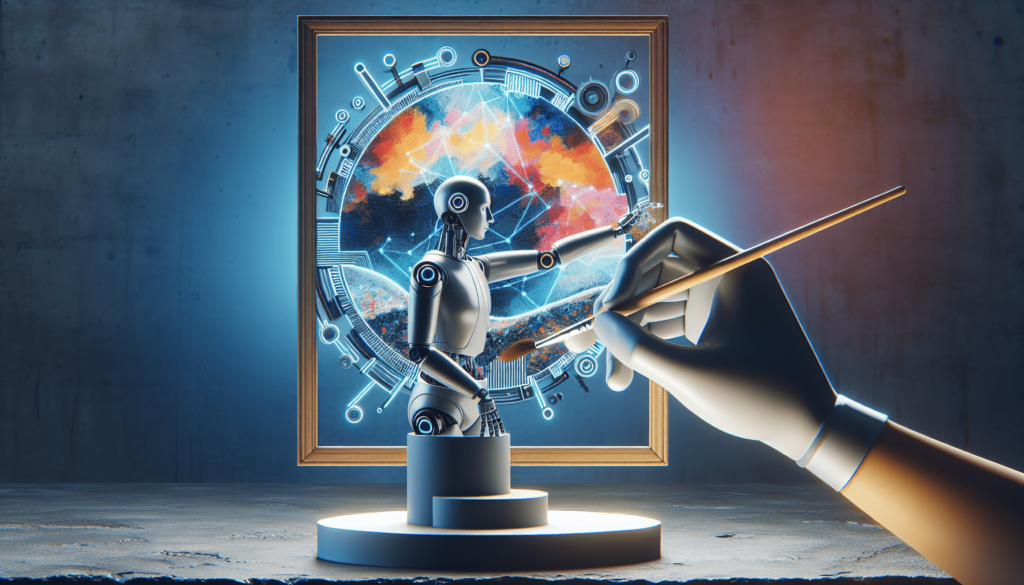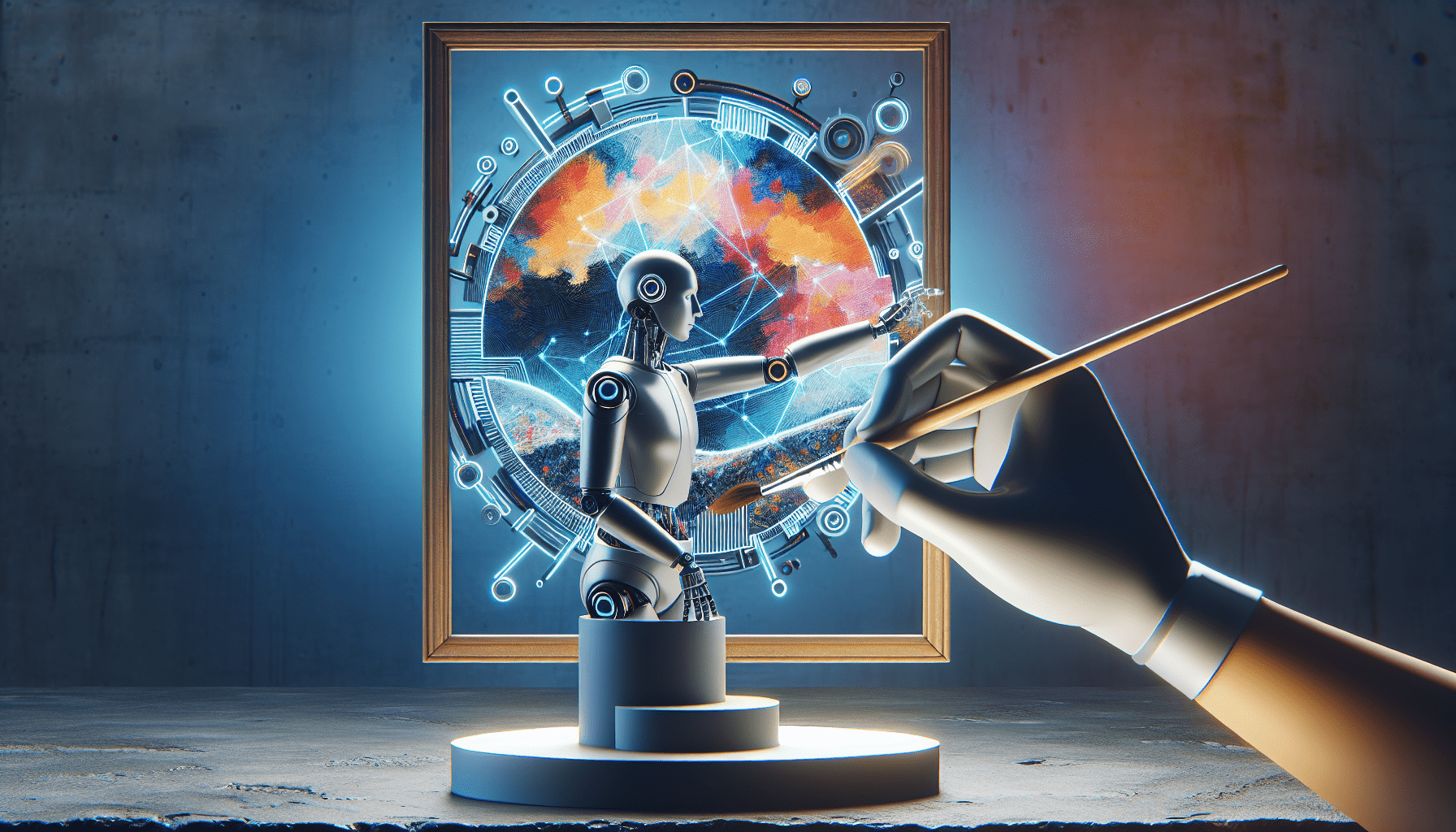Can AI-generated Content Be Copyrighted?
Have you ever wondered if AI-generated content can be copyrighted? With the rise of artificial intelligence technology, this question has become increasingly relevant. In this article, we will explore the complexities of copyright law as it applies to AI-generated content.

Understanding Copyright Law
Before we can delve into the intricacies of AI-generated content and copyright, it’s important to have a basic understanding of copyright law. Copyright is a form of intellectual property protection granted to the creators of original works of authorship. This protection gives creators the exclusive right to reproduce, distribute, and display their work.
Types of AI-generated Content
AI-generated content can take many forms, including written articles, music compositions, and visual art. These creations are generated using algorithms and machine learning techniques, often without direct human intervention. Examples of AI-generated content include:
- Text: AI-powered natural language generation tools can create written content such as news articles and blog posts.
- Music: AI algorithms can compose original music based on existing compositions or generate entirely new melodies.
- Art: AI can create digital art using techniques such as style transfer and generative adversarial networks (GANs).
The Role of Humans in AI-generated Content
One of the key factors in determining whether AI-generated content can be copyrighted is the level of human input involved in the creation process. In some cases, human creators provide the initial input or parameters for the AI to work with. In other cases, the AI operates autonomously, generating content without direct human intervention.
Copyright Ownership
Under current copyright law, only human creators are eligible for copyright protection. This raises questions about the ownership of AI-generated content. If a machine creates a piece of art, who owns the copyright to that work? The answer is not always clear-cut and can vary depending on the circumstances.

Who Owns the Copyright to AI-generated Content?
When it comes to AI-generated content, the question of copyright ownership is complex and raises unique legal challenges. In general, copyright law grants protection to human creators, but it does not explicitly address AI-generated works. As a result, ownership of AI-generated content is often murky and subject to interpretation.
Copyright Laws in Different Jurisdictions
Copyright laws vary from country to country, adding another layer of complexity to the issue of AI-generated content. In some jurisdictions, copyright protection may be extended to works created by non-human entities, while in others, the law is more restrictive. It’s important to consider the legal landscape of different regions when assessing copyright ownership of AI-generated content.
Legal Precedents
As the field of AI-generated content evolves, legal precedents are beginning to emerge that shed light on the issue of copyright ownership. In some cases, courts have ruled in favor of human creators, recognizing their creative contributions to the content generated by AI. In other cases, courts have struggled to determine the rightful owner of AI-generated works.
Licensing AI-generated Content
One way to navigate the complexities of copyright ownership in AI-generated content is through licensing agreements. By entering into licensing agreements with AI developers or creators, human authors can establish clear terms for the use and distribution of AI-generated content. These agreements can help clarify ownership rights and mitigate legal disputes.
Fair Use and AI-generated Content
Fair use is a legal doctrine that allows for the limited use of copyrighted material without the permission of the copyright owner. When it comes to AI-generated content, questions arise about the applicability of fair use principles. Can AI-generated content be considered fair use, or does it infringe on the original creator’s copyright?
Ethical Considerations
In addition to legal complexities, there are ethical considerations surrounding AI-generated content and copyright. As AI technology becomes more advanced, the line between human and machine creativity is becoming increasingly blurred. Questions of authorship, attribution, and cultural significance arise as AI-generated content proliferates.
Balancing Innovation and Regulation
As we grapple with the legal and ethical implications of AI-generated content, it’s important to strike a balance between innovation and regulation. While AI has the potential to revolutionize creativity and artistry, it also presents challenges to traditional copyright frameworks. By engaging in dialogue and collaboration, we can find ways to adapt copyright law to the digital age.
Conclusion
In conclusion, the question of whether AI-generated content can be copyrighted is complex and multifaceted. As technology continues to advance, the legal and ethical implications of AI-generated content will only grow more significant. By staying informed and engaging in discussions on this topic, we can navigate the evolving landscape of copyright law in the age of artificial intelligence.
So, next time you encounter AI-generated content, consider the legal and ethical implications that surround it. As our understanding of copyright law evolves, so too will our approach to protecting and preserving the creative works of both humans and machines.


Comments are closed